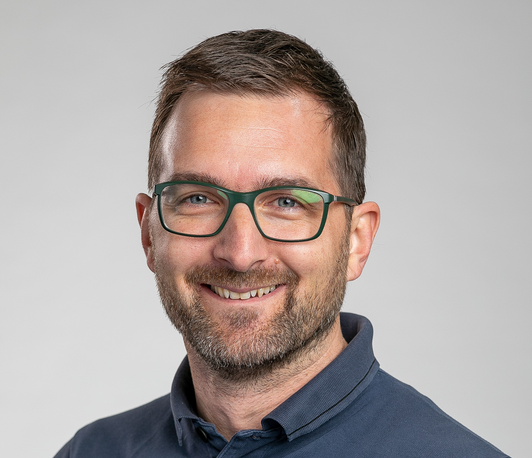Plasma conversion technology at IPP – a contribution to chemical energy storage
Institutskolloquium
- Date: Jun 28, 2024
- Time: 10:30 AM - 12:00 PM (Local Time Germany)
- Speaker: Dr. Ante Hecimovic
- Ante Hecimovic received his PhD in Plasma Physics from Sheffield Hallam University (UK) in 2009. After that, he joined Ruhr-University Bochum (under Prof. Jörg Winter) where he established a lab for plasma diagnostics of high power impulse magnetron sputtering (HiPIMS), a plasma vapour deposition method for production of thin films. The scientific findings have been assembled in a book that he co-authored entitled High Power Impulse Magnetron Sputtering - Fundamentals, Technologies, Challenges and Applications (Elsevier 2020). In 2017 he was one of the scientists that established the plasma for gas conversion (P4G) group at IPP, and took over the position of group leader of the P4G group. He is interested in using plasma diagnostics to develop an understanding of the dominant dissociation pathways of abundant molecules enabling the formation of value added chemicals. This knowledge is applied to tune the efficiency of molecular splitting using various plasma sources, aiming to contribute to the future chemical energy storage landscape.
- Location: IPP Garching
- Room: Arnulf-Schlüter Lecture Hall in Building D2 and Zoom
- Host: IPP
- Contact: karl.krieger@ipp.mpg.de

The term chemical energy storage is used to describe the production of value-added chemicals from renewable electricity (RE) and abundant molecules (CO2, N2, etc.), aimed towards replacing fossil fuels as energy carriers. This approach requires improvement of the efficiency of existing technologies and development of new technologies that are compatible with properties of RE, such as intermittency. Plasma processes have the potential to enable unique reaction pathways that are not accessible through other conversion technologies, while simultaneously offering key advantages with regards to RE utilisation. To explore the role of low temperature plasmas in the energy transition as an emerging technology through experimental research, the plasma for gas conversion (P4G) group has been established at IPP in 2017. Initially, the emphasis of the research has been directed towards the conversion of CO2 into CO, resulting in technological developments that allowed for the achievement of competitive efficiencies when compared with electrolysis, demonstrating distinct advantages with regard to intermittent operation. More recently, the same methodology has been applied to other molecules, specifically microwave-plasma driven pyrolysis of methane (CH4) and dry reforming of methane (CO2+ CH4) towards hydrogen and syngas (CO+ H2) production. Furthermore, investigation of synthesis/decomposition of ammonia (NH3) for hydrogen storage is enabled by recently developed dielectric barrier discharges as plasma-catalyst hybrid reactors.